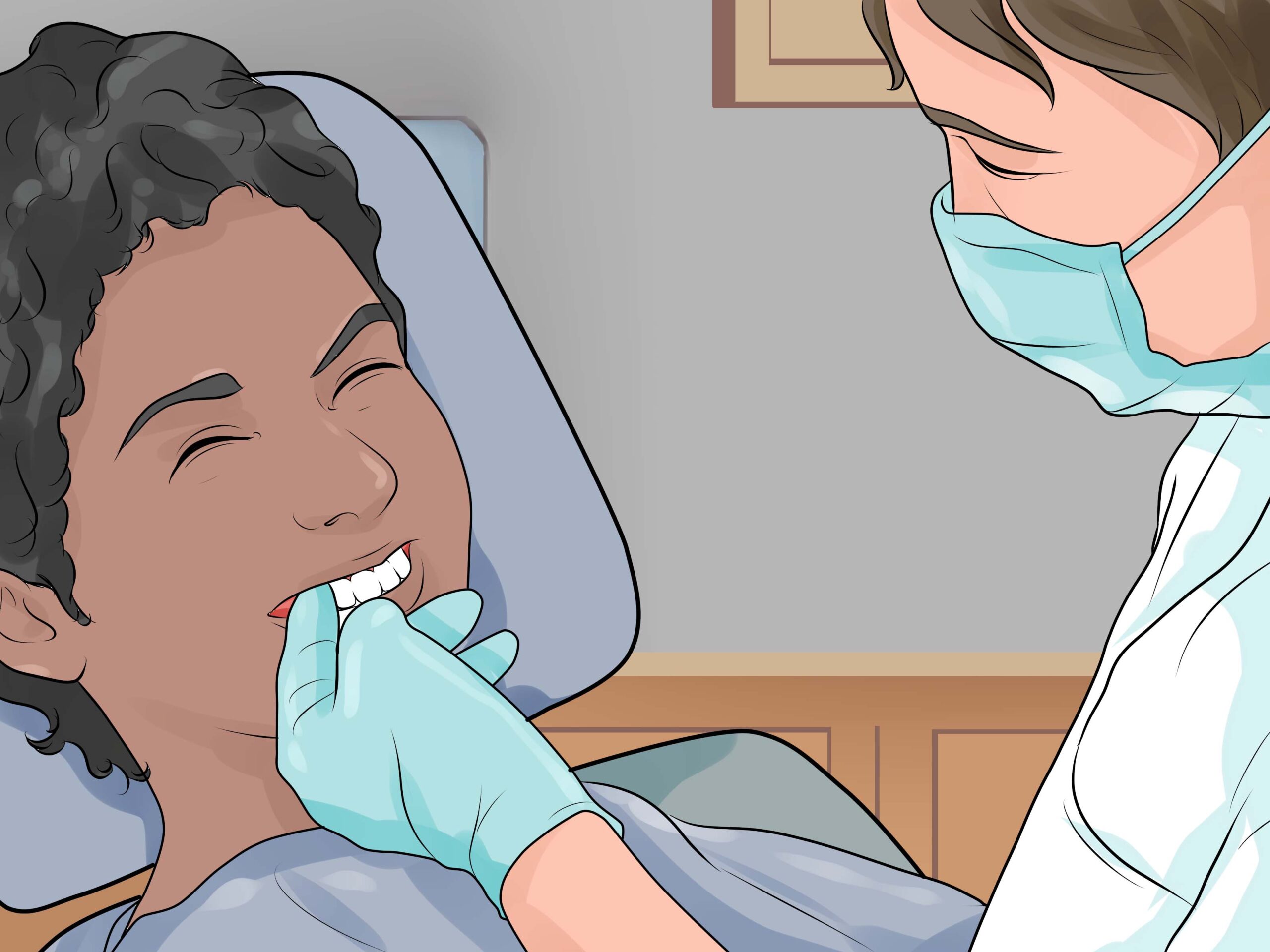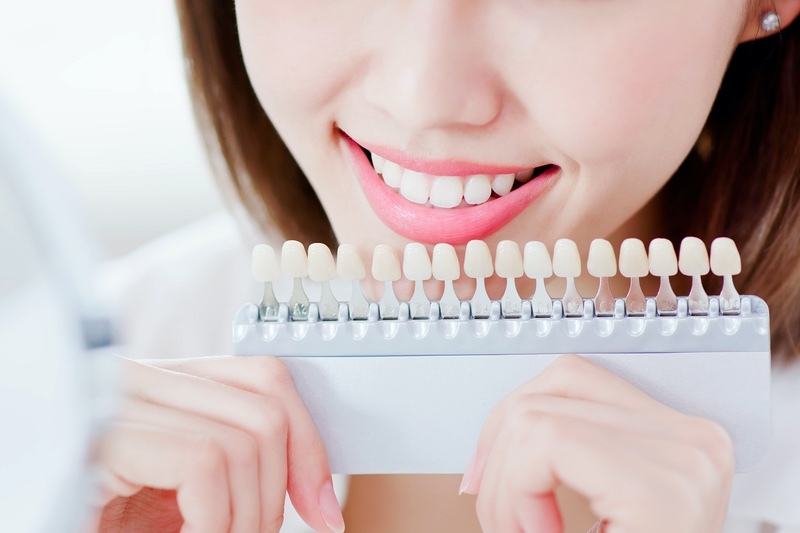Dealing with Sensitive Teeth in the Lahore

Table of Contents
If you have sensitive sensitive teeth treatment, you are certainly well aware of the intense pain caused by hot or cold foods, as well as other typical triggers. Most of the time, the soreness is due to fractured tooth enamel. Other variables may contribute to certain people’s discomfort, in which case the discomfort may persist. We seek professional help for sensitive teeth and the pain they cause.
Tooth sensitivity is frequent. According to one study, between 25 and 38% of those questioned experienced “teeth pain from hot, cold, or sweet items.” A recent study in the US found that the problem was more widespread among young people, women, persons who used at-home teeth-whitening kits, and people with receding gums sensitive teeth treatment.
A 2017 study by Tara Renton, an oral surgery professor at Kings College London, found that the discomfort felt in the skull region is more significant.
Its pain and emotion are “far stronger than the discomfort expressed elsewhere in the body,
What causes dental sensitivity?
Dentine hypersensitivity is the most common cause of sensitive teeth. Dentine is a calcified material found just beneath the tooth’s hard outer enamel. Small tubular structures in the pulp (or nerve) near the tooth’s base transmit sensory information to the pulp (or nerve). When the dentine is exposed, stimuli like cold drinks or acidic meals induce an acute, intense tooth pain for a short time.
Dentine exposure can be generated by grinding our teeth while chewing (attrition) or by cleaning our teeth abrasively (abrasion). The main concern is enamel erosion induced by acidic foods and drinks. Fruit juices, fruit teas, white wine, cider, balsamic vinegar, and fizzy drinks, such as fizzy water, are all included in this category.
No, it’s not the quantity that’s the issue; it’s the frequency. Sipping cola or orange juice all day may be worse for your teeth than drinking a glass of juice all at once since your teeth are more prone to acid attacks.
Anyone considering bleaching and whitening their teeth should be informed that if done poorly, it can cause long-term dental pain.”
Some people are more prone to dental erosion and sensitive teeth than others, maybe due to genetics
The RCSB’s Faculty of Dental Surgery is headed by Mr Matthew Garrett, a consultant in Restorative Dentistry. It’s possible that some people’s saliva is stronger at neutralising acidic foods and drinks than others. “Saliva protects teeth against acid assault. Clinical studies have revealed that many pharmaceuticals, including antidepressants and blood pressure medications, reduce salivary flow.”
By increasing saliva production after eating, sugar-free gum may help lessen the severity of an acid attack. However, nothing is known about the role of saliva in preventing tooth erosion.
Gum recession happens when the gums recede
Bleeding gums when you brush and floss If so, you may have gingivitis or periodontitis, exposing the dentine. Sensitivity might grow as more of the tooth is exposed, especially the root.
Even if you only have one tooth with gum recession sensitive teeth treatment , it may be due to abrasive brushing. A labial frenulum, a small layer of tissue connecting the lips to the gums and bones of the face, can also induce front tooth gum recession.
People with thin gum tissue may be more prone to recession than those who have fibrous gum tissue, says Garrett.
Chronic pain is neuropathic pain
Damage to sensory nerves in the peripheral or central nervous system causes neuropathic pain. Post-traumatic neuropathic pain (pain after dental implant implantation, extraction, or root canal therapy) and trigeminal neuralgia are examples.
These symptoms are caused by a rare sickness caused by heredity and cerebral artery pressure on the nerve root. The trigeminal nerve, which transmits sensory information from the face to the brain, may have been damaged. So even seemingly simple stimuli like brushing one’s teeth might trigger excruciating pain.
According to Renton, trigeminal neuralgia affects around three out of every 100,000 persons and is more common in the elderly. This sort of nerve injury can cause phantom tooth pain (PTP), which causes constant or intermittent suffering that feels like an electric shock.”
A missing tooth or a damaged nerve signals the brain that something is wrong, and the brain responds by causing pain.



